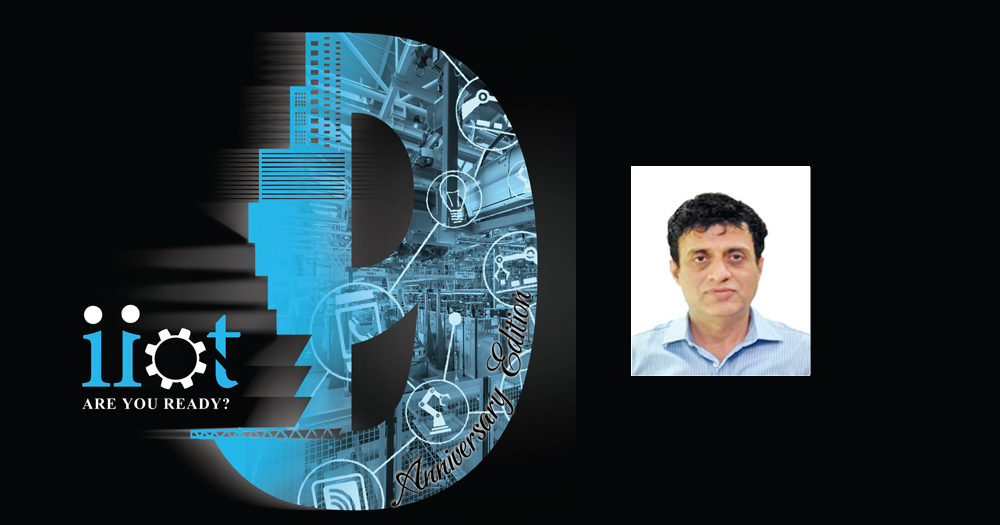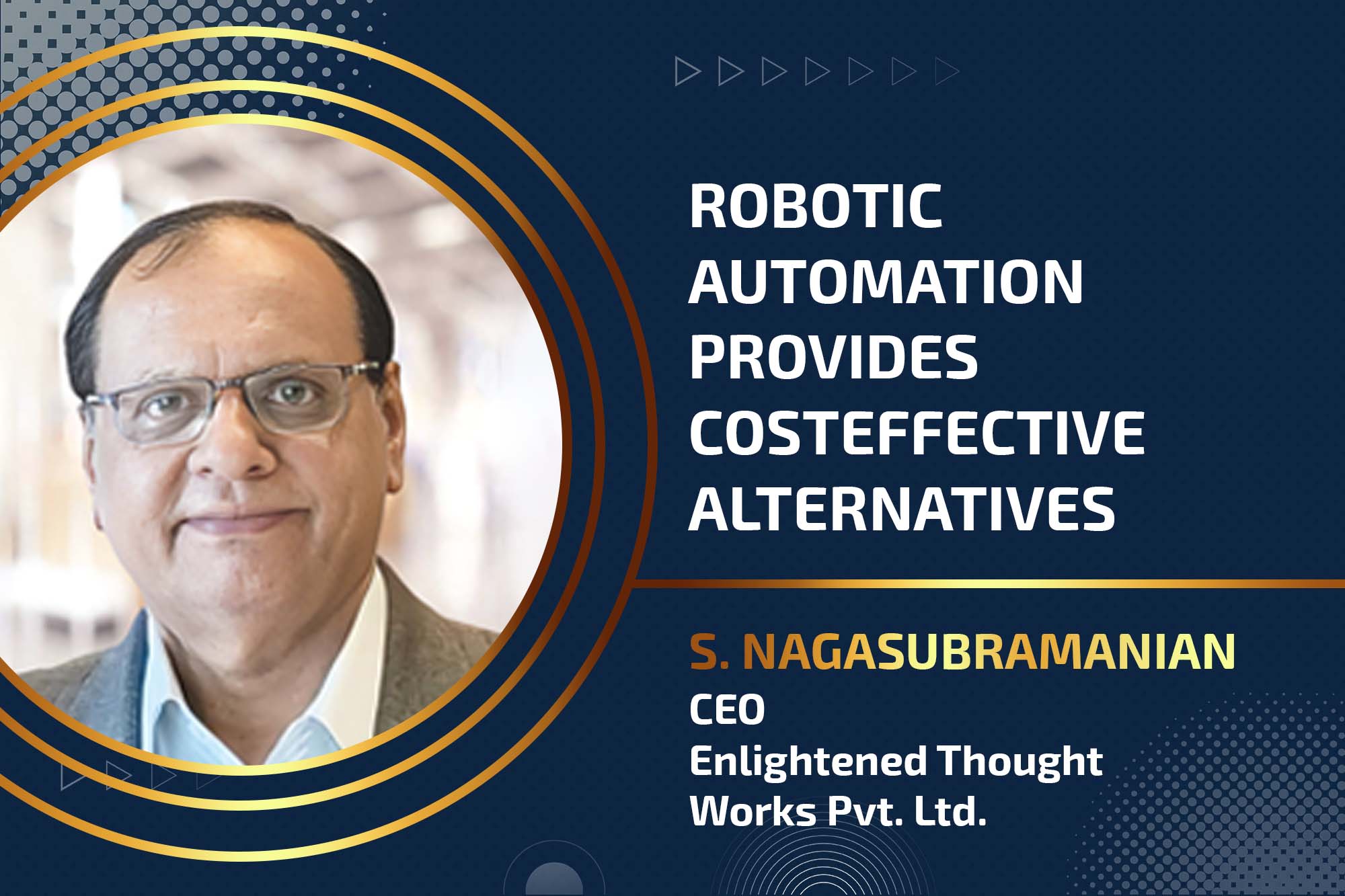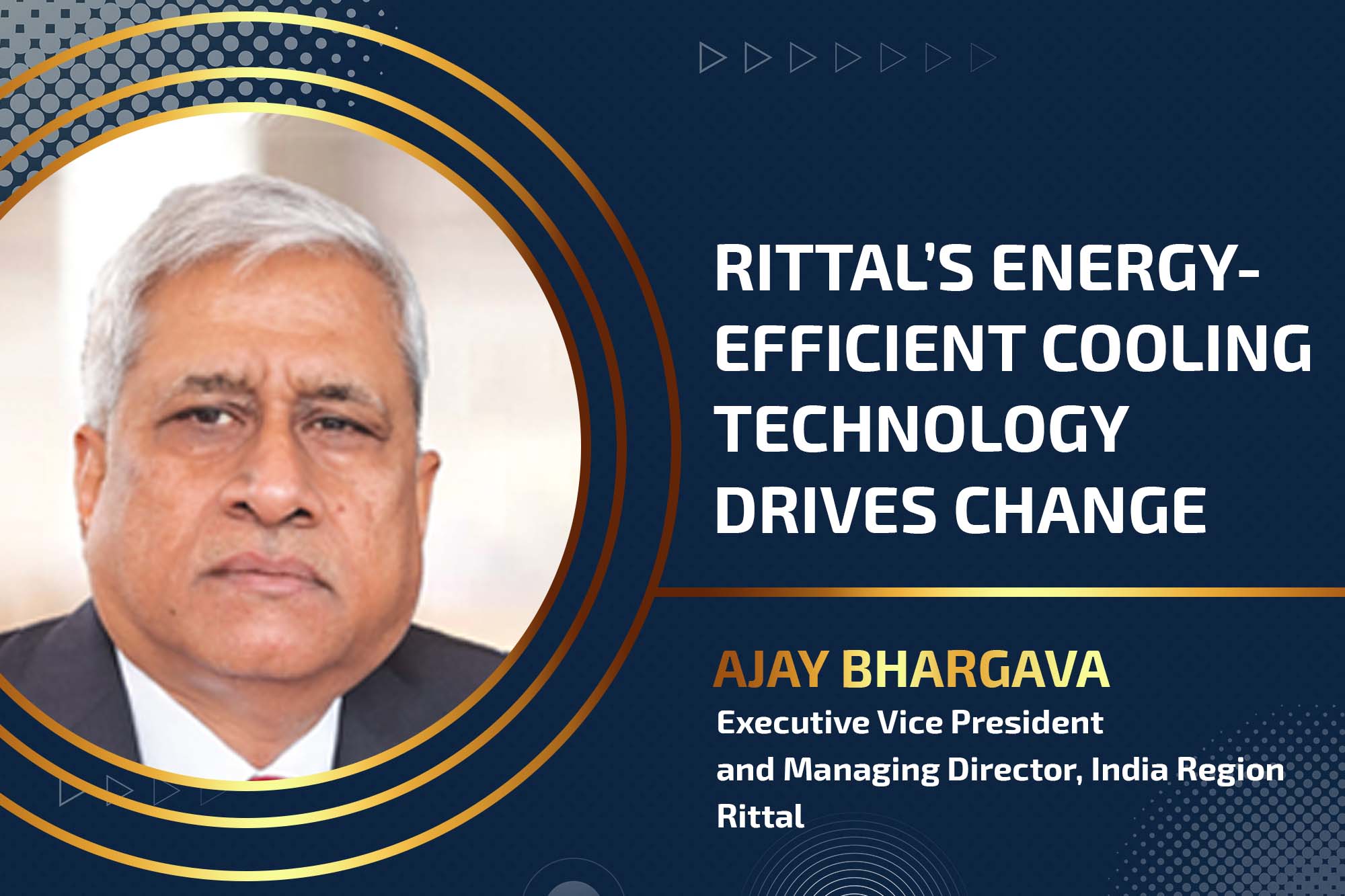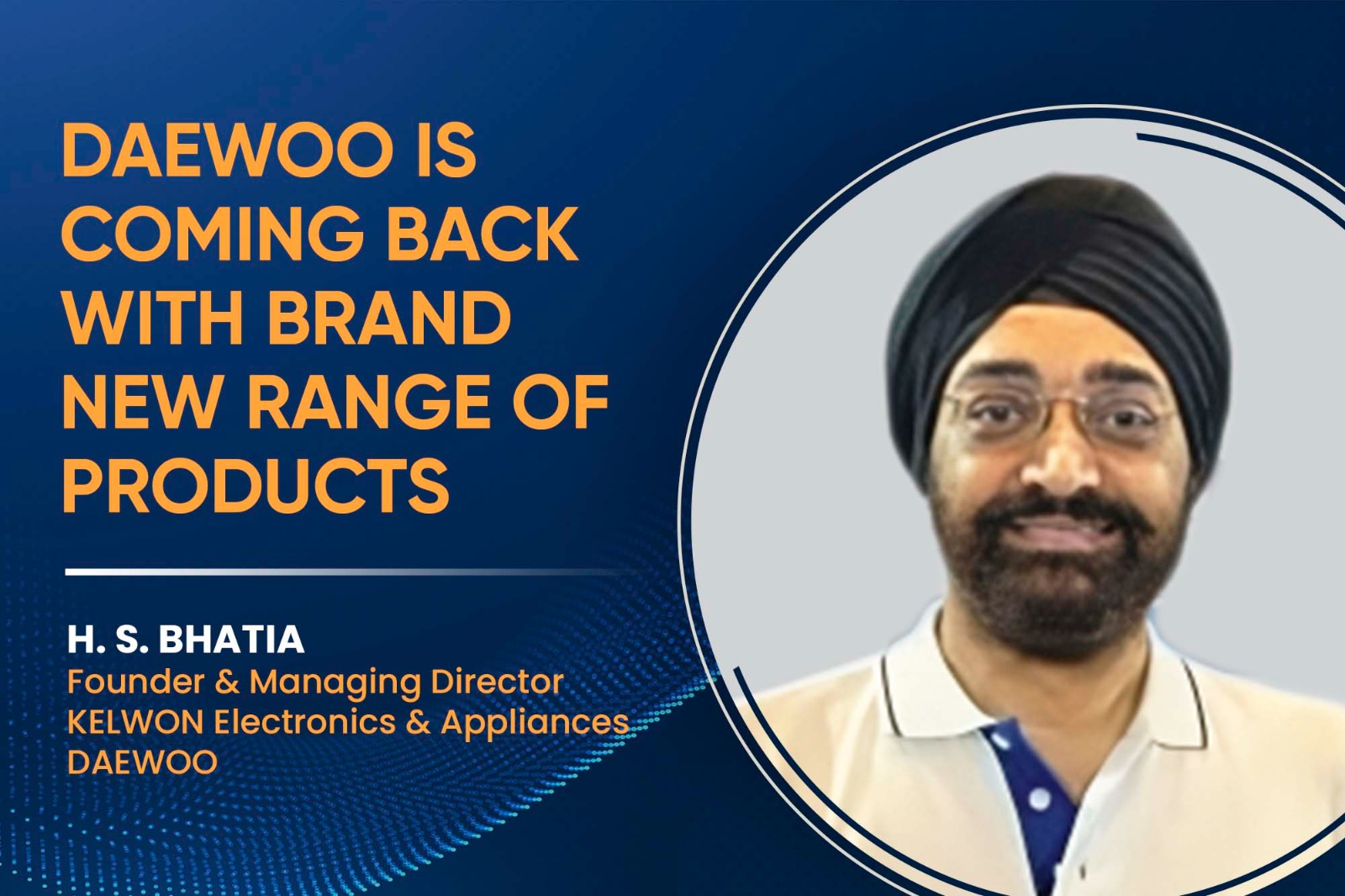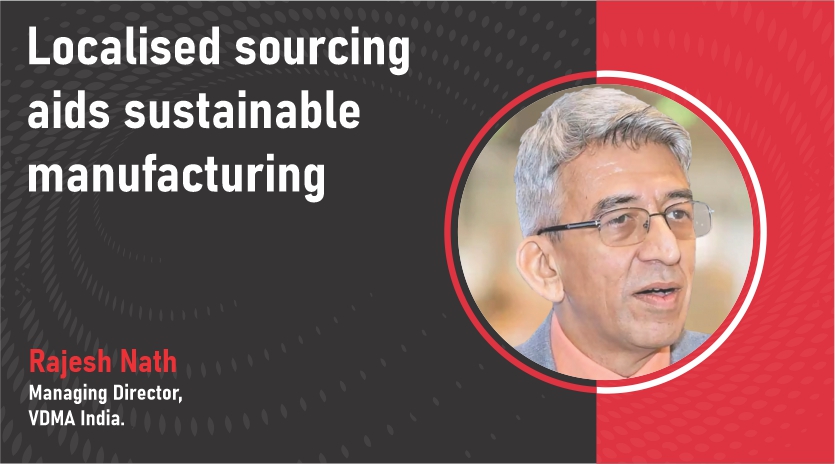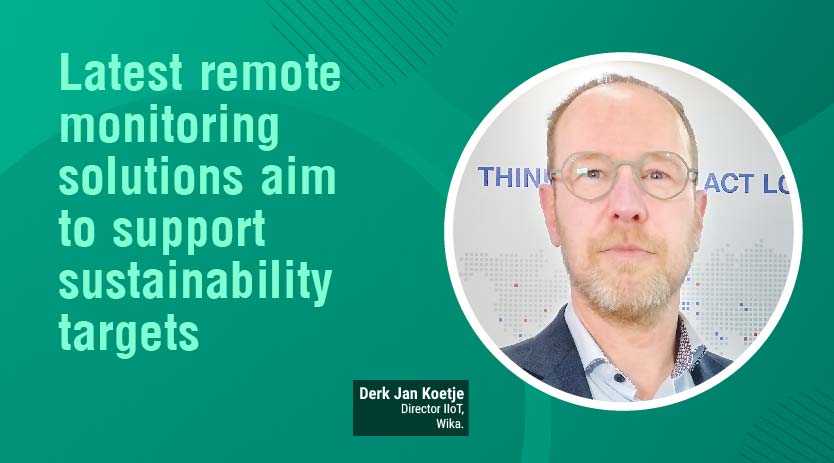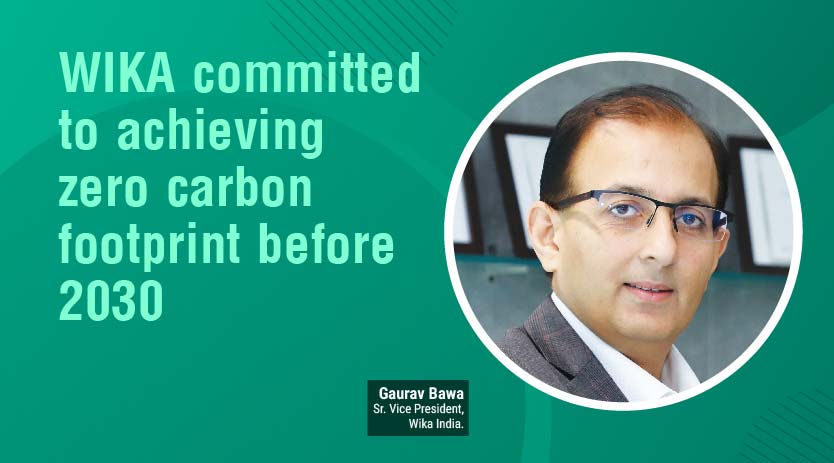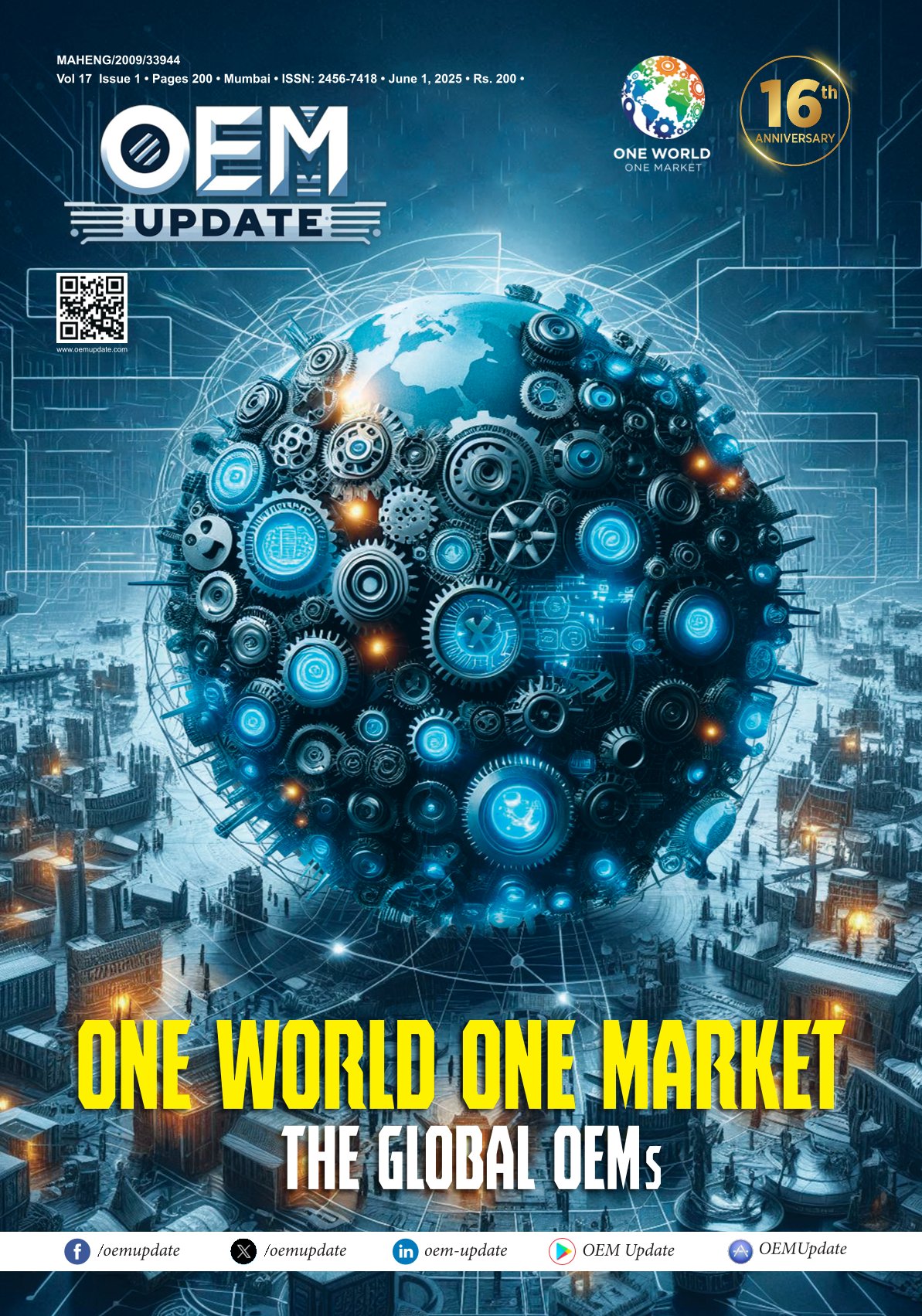MIDC: Enabling a smart manufacturing ecosystem
By OEM Update Editorial June 13, 2018 12:29 pm IST
Sanjay Sethi, CEO, Maharashtra Industrial Development Corporation (MIDC) elucidates the future services which will be offered by MIDC to enable a smart manufacturing ecosystem driven by the transformative power of IIoT.
IIoT or the Industrial Internet of Things is part of a larger concept known as the Internet of Things (IoT) which operates as a network of physical objects, systems, platforms and applications that contain embedded technologies to communicate and share intelligence with each other, the external environment and the people surrounding it.
Sensors, data collection, insight driven manufacturing and intelligent systems are not a novel concept in manufacturing and have existed for decades. The promise of IIoT is that it has the capacity to revolutionise manufacturing by enabling the acquisition and accessibility of far greater amounts of data, at far greater speeds. The impact of this technology has been felt across sectors, both private and public to accelerate growth and sustain the new era of demand driven services and superior productivity.
Morgan Stanley projects that the IIoT market will reach $110 bn by 2020, while Accenture predicts that IIoT will have even more significant and multiplier effect on the global economy to the tune of $ 14.2 tn by 2030. Key knowledge organisations have predicted a significant market and substantial growth for IIoT bolstering the fact that the impact of this technology will offer tremendous leverage and have a longing impact in manufacturing ecosystems.
IIoT will help companies to bring new products – service offerings and disrupt the traditional business model to create new markets and generate fresh revenue streams. It will do so by helping industries to become more engaging and productive, reimagining business models, capitalising on the value of data and preparing for the future of work. In manufacturing domain, it will help bring in smart production through integration of key dimensions like – equipment, workforce, supply chain, business processes, platform, and facility and environment.
Besides, leading industry players who are already experimenting and investing in IIoT, all the major countries are beginning to understand the immense potential that IIoT can help individual economies in transforming itself by driving unconventional growth and therefore are working towards providing an enabling environment. Following NAC (National Absorptive Capacity) index for the countries however shows that no country has achieved superiority over other and every country has work to do. India comes among the list of top-20 countries with IIoT enabling factors.
Sector focus
In a survey carried out by the International Data Corporation (IDC), in August 2017, manufacturing leads industries when it comes to IoT solutions improving their level of security, by prompting significant spending in technology and people. The top 3 industries that are poised to invest the most in IoT until 2020 globally are all part of the industrial Internet market and these include manufacturing, logistics and transport and utilities.
It is no surprise to see these industries taking a lead, since it offers them quick returns and enables them to realise digital transformation leading to increased efficiency, automation and customer-centricity. These industries are banking on IIoT to bring in operational efficiency through improved asset utilisation, operational cost reductions and increasing worker productivity, besides it will also help these industries to bring in new products and services to market at quick time
Contextualising
Speaking in a local context and how the state governments and MIDC in particular are preparing itself with the advent of IIoT, the Maharashtra government has taken key steps in developing smart infrastructure across strategic locations to prepare for the future. The state is also going to offer huge opportunities for infrastructure developers with a total of 12 smart cities coming up in the state. There are already players in the private sector who are developing smart city (residential) projects in Mumbai and this trend will only continue in future to supplement the demand driven services of global businesses.
A snapshot of the future services which will be offered by MIDC to enable a smart manufacturing ecosystem driven by the transformative power of IIoT include:
• Near Real Time Estate Planning with layouts, utilities and open spaces that can be viewed by all stakeholders thereby easing planning and plot management.
• Advanced Monitoring of traffic, land, water and other infrastructure to ensure maintenance, quality and support.
• Prediction of key requirements to avoid congestion, damage, transport availability, mobility and sufficient ability of infrastructure for a plug and play investor ecosystem.
• Intelligent Factory services wherein the data collected from smart industries is relayed back to improve the life and quality of not only the factory workers but to streamline citizen services in the industrial plots.
• Convenient Mobile services such as live investor management, utility status, sectors available in the state and allowing investors a remote snapshot of their industrial area.
The gamut of services will be enabled through a closely knit technology environment which leverages Geographic Information Systems (GIS), sensors, data collection applications, agile mobility platforms, advanced surveillance and land management systems, many of which are already actively used by MIDC. In the next few years as the data received from IIoT systems becomes richer, the applications surrounding them will begin provisioning a smarter way of working enabling an overall uptick in industrial productivity. Given Maharashtra’s goal of becoming a $ 1 trillion economy by 2025, the aspect of IIoT remains a significant component in the state’s industrial roadmap for success.
*NAC: Absorptive capacity is defined as “a firm’s ability to recognise the value of new information, assimilate it, and apply it to commercial ends”. When applied to nations, NAC helps compare this metric, globally and on a national scale.
Authored by:
Sanjay Sethi, CEO,
Maharashtra Industrial Development Corporation (MIDC)
Cookie Consent
We use cookies to personalize your experience. By continuing to visit this website you agree to our Terms & Conditions, Privacy Policy and Cookie Policy.



